Don't wanna be here? Send us removal request.
Note
some of my friends said you took Marx out of context in your posts about Gotha Programme and how it implies that Marx did not favor the state, and that when he said "the State", he meant the bourgeois state. I don't agree with them but I'm not sure how to respond to them since all they're doing is throwing Engels at me. do you have anything to say to that?
I mean if you've already shown them this and they still refuse their own logic, then just smile and nod
43 notes
·
View notes
Text
You know, thinking back on the Riftwar cycle, one of the surprising things is how few children most people have. This is a slightly niche thing that most people who see this probably won't be super interested in, so the rest is under the cut.
Much like in the modern day, it seems like most people in Midkemia are perfectly fine with stopping after two or three kids. This is true of the nobility like most of the characters, but it's also true of the rank and file citizens of the Kingdom.
In the Serpentwar Saga specifically, Roo was an only child, and Erik effectively was despite having noble half-brothers. Later on in the Conclave of Shadows trilogy, I believe Talon had been an only child as well, and I forget if he ever had more than one child. None of these examples are ever commented on as being particularly remarkable.
This is quite a contrast to how things work in real life. I mean, in real life, the fertility rate has generally been decreasing over time. Here in Australia, the fertility rate in 1800 was something like 6.5, but now it's below replacement levels, and this is hardly a rarity in the developed world. In a world like Midkemia which is very loosely based on medieval Europe, you would expect smaller families with 1-3 children to be the rarity rather than the exception.
The other surprising thing is that this seems to be true across the board. It's true in fairly peaceful parts of the Kingdom, and it's also true in more dangerous areas where family members could potentially be conscripted or die in a cross-border raid. While this is never explicitly stated, it's certainly implied by the fact that when main characters from other parts of the Kingdom are heading through the Vale of Dreams where this sort of thing really is common, they aren't struck by how much larger families in this part of the world are.
From this, we can draw three conclusions. The first is that infant mortality is likely to be very low, to the point where it'd probably be comparable to what it is today in the real world, only without the benefits of our modern medicines.
The second is that industrial accidents must also be extremely rare. This generally tracks with how there generally aren't characters who are introduced with disfigurements they got from working the fields or anything like that. Usually, if someone's disfigured, it's a combat related injury. Nobody's ever mentioned to have lost a parent to an industrial accident, either.
This contrasts sharply with what happened in the real world. If you were a European peasant in the fourteenth or fifteenth centuries and you survived early childhood, the next most likely reasons you'd die are either giving birth (if you were a woman/were female presenting), from a work accident in the fields, or drowning.
So while the average Midkemian doesn't seem to have access to anything resembling modern medicine and rarely has access to a wizard who can fill the gap, they're still less likely to die young anyway. This probably means that either safety precautions in manual labour are more common, that the average piece of farm equipment is safer to use, or some combination of the two.
The third is that major wars really are a rarity. That's explicitly the case anyway, given how delicate the balance of power is and how everyone goes out of their way to avoid upsetting it too much, and given how major wars are talked about when they do happen. Even in the Chaoswar trilogy when Kesh actually did try to do that, it was only under duress, and the common reaction to what was actually a fairly well thought out invasion route was, "They wouldn't actually do that, would they?"
Besides the fact that major wars seem to only ever be started by otherworldly powers, it also seems like the low-level conflicts really are low level conflicts. Beyond the disputed border between the Kingdom of the Isles and the Empire of Kesh, there's also the regular/semi-regular goblin raids against the fortifications along the Teeth of the World, and before the start of Magician, the threat of the Dark Brotherhood in the Green Heart. All of these are probably low level to the point that combined, it'd be a particularly deadly year if their combined deaths hit the triple digits.
The fourth conclusion I'd draw from this is that famine is rarer, too. There's only one famine known to have occurred on Midkemia (in the Far Coast province during the Serpentwar saga), and it was a big enough event that the powers that be were trying to keep it quiet. The stated reason was that they didn't want to cause panic.
Given that this is the same approach they took to the ongoing war preparations for an upcoming major invasion and that wars on that kind of scale are a rarity, then it could be taken to mean that famines are a rarity, too.
I think this is on shakier grounds, though. This is something I want to get into separately in a different post, but I think there might be some other mitigating factors as to why famine seems to be such a rare thing in these books. The very short reason is that I think the urbanised population of Midkemia is probably a smaller percentage than what the urbanised population in Europe in the Middle Ages was, so chances are there was more of a chance to stockpile grain. Maybe famine was more common but the effects were more easily mitigated.
When I read A Kingdom Besieged, one of the things that sorta got me going from a world building perspective was that Crydee's population was mentioned to have only risen around 10% from the time of the Riftwar. This struck me as odd because the thing is that given the only major disasters that directly impacted Crydee in that 100 or 120 year period seem to have been the Riftwar itself and the famine fifty-ish years later.
However, now I think a lot of it can be explained by two things. One is a particularly high death rate from the war and the famine, and the other is a fairly slow birth rate. I think it needed to be both, and there is some tenuous canonical evidence to suggest the average family size probably was quite low throughout the series.
The one big trouble with all of this is that it also seems like the population of the Western Realm can jump back fairly easily despite a low birth rate and the occasional major war that lowers the population. I think the mitigating factor here is that three of the major wars detailed over the course of the saga were followed by fairly large migration waves: thousands of Tsurani settled around Yabon after the Riftwar, a large chunk of the Emerald Queen's army likely settled around Krondor after the Serpentwar, and a large number of Keshians around Crydee after the Chaoswar.
I think over the long term, the population effects of these migration patterns probably did spread out. The general pattern of migration in the Kingdom seems to be people heading out further west, so chances are there probably were other people who got sick of living in the Eastern Realm for whatever reason who decided to fuck off out west.
So while it would seem like the Kingdom's overall population should be on a decline, those migration waves were probably enough to at least keep at an overall static level. This is oddly true to life, because migration really is the thing keeping the population of most developed countries rising.
The thing with that is that if you take a broader view of that, it probably would require that the Eastern Realm to have a higher birth rate. It is known that the East traditionally does have a higher population than the Western Realm. There isn't really enough canonical evidence to say whether or not this is still true in the period the Riftwar cycle takes place in, but it probably was true in the period just before it.
Beyond just raw imperial ambition, this actually could have been a factor in why the Kingdom expanded westward to begin with. There could have been a view that the extra population would eventually need somewhere else to live, even though the East was still extremely empty. Having to massively increase the size of the country seems like an excessive move for that, but it could be explained by being a cultural hangover of a country that was initially limited to one island.
My gut feeling is that while there probably was a point in time when the population of the Eastern Realm was rapidly increasing, that probably wasn't as much the case once the Riftwar cycle started. Some of that was probably just because a huge chunk of the population had already moved westward, but I think it would have been changed cultural concerns, too. While in the period before the expansion westward, the implicit cultural concern would have been making sure there was enough people to defend the country if the Keshians invaded, afterwards that didn't matter because the vast size of the Kingdom and the ongoing issues in the Keshian Confederacy was the defense.
Still, the core thing that started this--how few children people on Midkemia seem to have--is something I wonder if Feist ever actively thought about when he was writing the books. I get the impression he was mostly trying to write about a country that was, on the whole, the nicest possible country you could live in in this sort of setting, and the way he did that was to carry a lot of modern/then-modern American cultural and legal norms over to the Kingdom--they have the fantasy versions of the First and Thirteenth amendments at the very least, for example.
The thing with this though is that this sorta requires the Kingdom to have gone through a very different cultural evolution. Because the birth rate resembles a modern industrialised country's (or at least attempts to), it means there was very little disease, very little war outside of the occasional blowout, and less religious pressure to go forth and multiply. Because there were elements of what we'd recognise to be democratic freedoms but apparently no real civil rights movement outside of that for even further reforms, there probably was an almost unnaturally complacent population Kingdom-wide.
Stuff like this really does make me wonder how much of this Feist planned outside of the overall main plot of the cycle and how much of it really did just work out that way. I'd like to think most of it was planned to be picked up on at least in passing, however I suspect that once you get out of the broad strokes of the story arc, it probably is mostly just how things turned out with the series.
1 note
·
View note
Photo

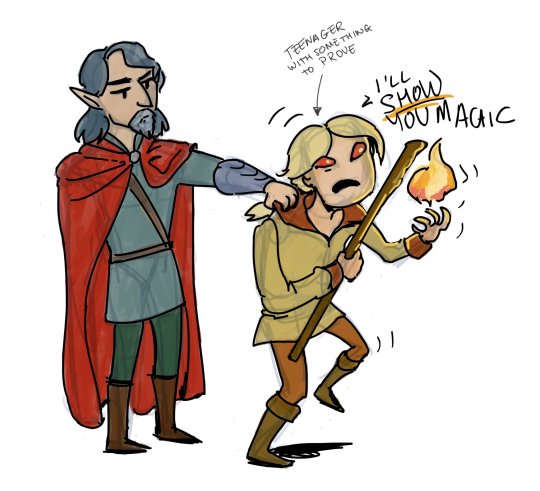
What people think the dynamic is like vs. what it’s actually like
6 notes
·
View notes
Text
Some thumbnails I did for my new Let's Play of my oldest favorite game: Betrayal at Krondor
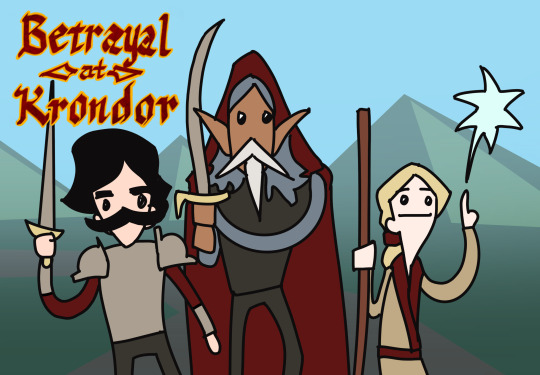


I forgot how much fun a cartoony style can be.
3 notes
·
View notes
Note
what’s an identity card
its a colonial documentation system that states our palestinian identity and determines our residency and what places we can / cannot go.
there are 5 ID systems enforced by israel:
1. Gaza Strip ID: if ur a palestinian who holds this ID, you can’t live anywhere in palestine except gaza (i believe this has been in effect since 2007)
2. West Bank ID: if u hold this you can’t live anywhere but 40% of the West Bank due to military checkpoints and settlements (i have this ID)
3. East Jerusalem ID: if u hold this u can have access to most areas in palestine but israel can revoke ur access whenever they want if you live outside of jerusalem
4. israeli ID but held by palestinians: can access “israeli-only” cities but still cannot reside in most towns in israel
5. jewish/israeli ID: if u hold this ur free to live anywhere throughout “israel” . u can even live on the palestinian territories (60% of the West Bank) as a settler
7K notes
·
View notes
Text
We think that it’s worth noting that the Soviet Union actually preserved the Yiddish language.
Whilst it’s true that Jewish life under the Soviet Union was far from perfect, and thus eligible to be critiqued — the diasporic Yiddish language would NOT have survived the Holocaust if it weren’t for the USSR’s support. There was a Yiddish language magazine called “Sovietish Haimland”, from 1961, which published Jewish art, which was particularly encircling Jewish culture. It also carried Yiddish lessons in a serialized textbook. 100s of Yiddish established writers contributed to this magazine. However, after the dissolution of the Soviet Union, this magazine no longer recieved that same state support and came to an end.
Again, we cannot act like the Soviet Union were perfect. The USSR was far from it. it is there that we can see where to learn from, where to do better. Communists look at history to learn from it; we see where mistakes were made even by our forefathers that tried to implement revolutionary reforms.
But the USSR actively combatted the Nazi’s attempts to systemically destroy the Yiddish language— and that is noteworthy.

This is from “Soviet but Not Russian: The ‘Other Peoples of the Soviet Union” by William Mandel. We are working on getting this PDF resource in our Drive, along with a Soviet Union section, if people would like to read it themselves.
We must look at our history, especially at our Communist forefathers, and assess what we need to work on as a society to truly liberate everyone from the tyranny of Capitalism. Looking to the Soviet Union, we can see many examples of great progress made as much as we can see great losses.
775 notes
·
View notes
Text
I got a laptop with Windows 11 for an IT course so I can get certified, and doing the first time device set-up for it made me want to commit unspeakable violence
Windows 11 should not exist, no one should use it for any reason, it puts ads in the file explorer and has made it so file searches are also web searches and this cannot be turned off except through registry editing. Whoever is responsible for those decisions should be killed, full stop.
Switch to linux, it's free and it's good.
145K notes
·
View notes
Text
A tale they said was TOO SHOCKING for the screen.
Ladies and gentlefolk, American International Pictures presents the CINEMATIC EVENT of 1961:
A SONG of ICE and FIRE!
A Roger Corman production. Music by Albert Glasser.
Starring... well, you'll see. (Will this be a "good" movie? Absolutely not. Will costumes and hairstyles be woefully anachronistic? For sure. Will many casting choices be questionable? Indeed. Will major plot points be changed to comply with the morality clauses of the Hayes Code? You betcha!)
Starring

RICHARD CARLSON as EDDARD STARK - an HONORABLE man caught in a WEB of political intrigue!

MARIE WINDSOR as CATELYN STARK - the mother who will do ANYTHING to protect her own!

COLEEN GRAY as CERSEI LANNISTER - the BEAUTIFUL QUEEN with a TERRIBLE SECRET!

JOHN AGAR as JAIME LANNISTER - the DASHING SWORDSMAN who SHOULDN'T be TRUSTED!

MICHAEL DUNN as TYRION LANNISTER - the HALF MAN with BIG APPETITES!

BASIL RATHBONE as Tywin Lannister - the STRATEGIST with a HEART of ICE!

RAYMOND BURR as ROBERT BARATHEON - the king who LOVED WINE - almost as much as he LOVED WOMEN!

JUNE KENNEY as DAENERYS TARGARYEN - the PRINCESS from an EXOTIC LAND!

ROBERT REED as RENLY BARATHEON - the HANDSOME KING all of Westeros WANTED!

GLENN LANGAN as STANNIS BARATHEON - the HEIR who WOULDN'T BACK DOWN!

ALLISON HAYES as MELISANDRE - the sultry RED WOMAN no king could deny!
With...

ANTHONY DEXTER as the SCHEMING Petyr Baelish!

LON CHANEY JR as the TERRIFYING Sandor Clegane!

and TOR JOHNSON as THE BROTHER who MADE him a MONSTER!
...And Introducing...

MICHAEL LANDON as JON SNOW - a TORTURED SOUL at the EDGE of the WORLD!

JOHN ASHLEY as ROBB STARK - the BOY KING marching to his DOOM!

DOLORES FAITH as SANSA STARK - the fair princess TRAPPED by a WICKED queen!

DAWN BENDER as ARYA STARK - a LITTLE GIRL with LOTS OF FIGHT!

and newcomer JACK NICHOLSON as THEON GREYJOY - the rogue who HIDES behind a SMILE!

THE INTRIGUE
THE SUSPENSE
The Song of Ice and Fire!
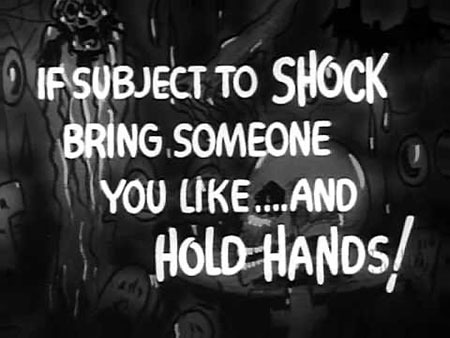
1K notes
·
View notes
Photo
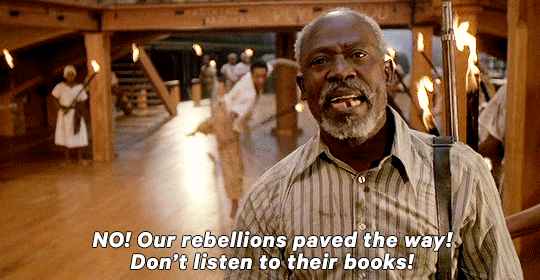
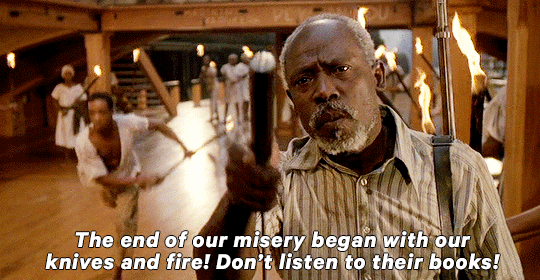
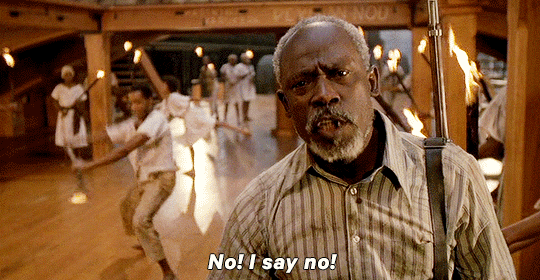
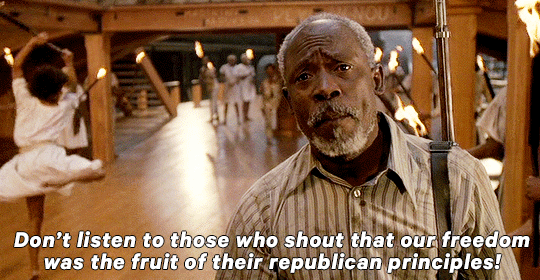
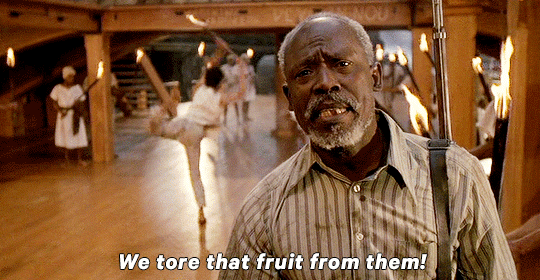
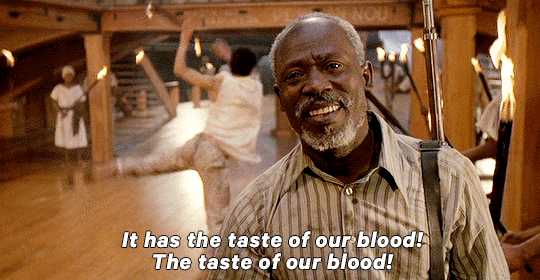
Don’t listen to their books or statues.
West Indies ou les Nègres marrons de la liberté (1979), dir. Med Hondo
62K notes
·
View notes
Text
served my duty as an autistic artist and made a bunch of autism creature reaction images












183K notes
·
View notes
Text

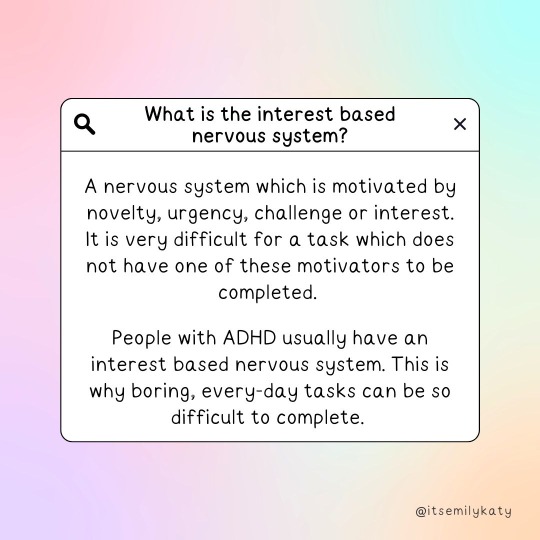
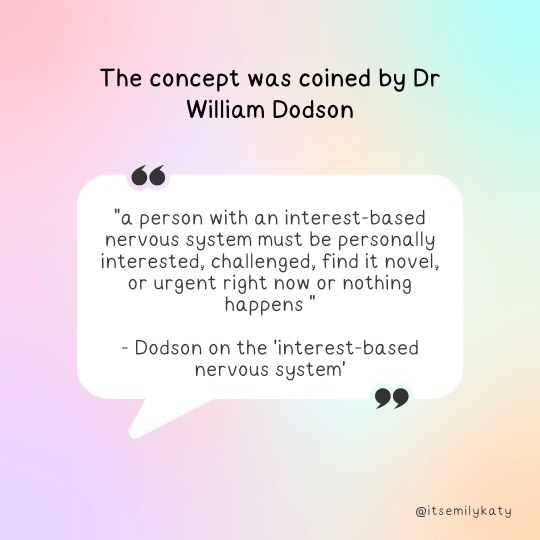
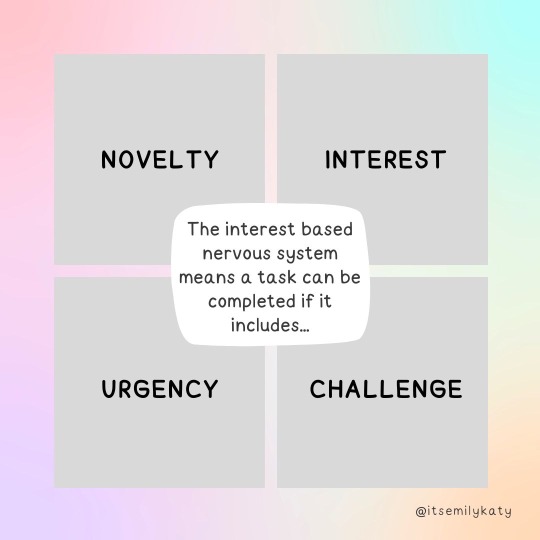
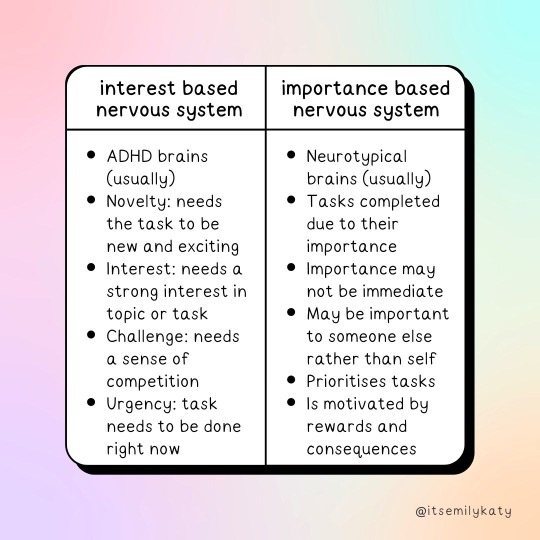





ADHD and the interest-based nervous system
by ItsEmilyKaty
Twitter | Instagram | Blog
352 notes
·
View notes
Text
Rolemaster/Lightmaster would make a pretty good system for a West Marches style open table campaign. Here's why:
Downtime matters. With damage being more than just loss of hits and carrying wounds with penalties that require either medical attention or magic to heal you sometimes need extended periods of downtime. Some professions even have their whole identity built around downtime activities like healing and magic item creation.
Speaking of those professions, the fact that there is a magic item economy and healing as a service means there is always something to spend GP on. The motivator for adventuring is to see the numbies on your sheet go up and even when you're getting money there's something to spend it on besides living costs.
It's just a fun silly game.
49 notes
·
View notes
Text
so there’s a dynamic that is at least true in my life and might be part of a much broader trend. I don’t know for sure whether this is widely applicable but I wanna throw it out there in case it is, or in case it just makes sense to others in some way that is useful.
the dynamic is this:
when I’m in spaces of predominately disabled people, and/or spaces in which accessibility is at the forefront of people’s minds, there is a default assumption that everyone is doing their best to be kind, and that our interpretation of others body language, manner of communication, etc. should always err on the side of assuming they are being genuine and engaged to the best of their ability, that there is nothing malicious going on.
In contrast, when i am in more general settings (esp places that do not forefront disability and accessibility) there is a default assumption that any atypical way of behaving or communicating indicates some level of negative emotion or underlying social/interpersonal tension.
I got thinking about this after I saw that post where a HoH person was mentioning someone immediately getting angry and defensive towards them for not hearing them and then immediately becoming apologetic when they were informed the person was deaf in one ear. And in the notes someone was defending the initial reaction of anger by saying that the person probably assumed they were being deliberately ignored.
It got me thinking about other things like this. I remember in middle school getting a quiz that was a blank seating chart and we needed to write down the full names of everyone in our class and where they sat. I stayed after class and asked if I could have extra credit to make it up because I have a very bad memory and do not remember names easily. The teacher told me that not remembering people’s names meant I did not respect them and that I needed to care about other people. I burst into tears having this stated so plainly that my inability was interpreted as cruelty.
I was thinking about how my wife is autistic and for her it takes conscious effort to make facial expressions and prefers to use as few words as possible to conserve that specific kind of energy. And I was thinking about how many stories she has of people assuming she didn’t want to be someone’s friend or was being passive aggressive or something just because she didn’t overly emote or because she used few words or texted K instead of “okay!! ☺️” or whatever.
I was thinking about how often physical inability to do things is cast as “laziness” and laziness carries the implication of feeling entitled to others’ work. I think about visibly physically disabled people who (for example) complain about service workers discriminating against them (e.g. a driver refusing to provide service when someone has a service dog or wheelchair) where people readily assume the disabled person holds a feeling of superiority and entitlement towards workers.
I was thinking about how the inability to pronounce things or to do certain tasks is immediately assumed to mean “not caring about” those things. The idea that if someone cancels last second due to a pain flare up or a mental illness trigger that they are enacting a deliberate cruelty towards the friend they cancelled on.
And then I was thinking about how…
disabled people who are not adept at the way that able society functions with a default assumption of malice are often bullied or made fun of specifically because they assume good faith from other people by default.
Someone asks them out and they assume the person is being honest because their default is to assume good faith. Someone asks them what they mean when they say a common word and they give an in-depth explanation about what it means and everyone laughs because “obviously we know what it means, we were just fucking with you.” Someone asks a question and they assume they want to know the answer to the question, and then find out it was a trick question or a social test and there was already a “right answer” and “wrong answer.” Someone doesn’t respond to them so they repeat their question over again, or write it down and give it to them, or try to find alternate means to communicate, and then the person says “I dont want to talk to you, take the hint!”
Like there just seems to be this dynamic at play where broad accessibility really does require an effort to assume good faith and default to kindness, but functioning in the rest of the world requires constant suspicion and always looking for ways in which people might be trying to be mean for some reason.
And I do think that in scenarios like the HoH person described in that post, where the only information someone has is that they said something and the other person didn’t respond—of course after a lifetime of people being mean we might suspect someone being mean, but like if we have to choose one default or the other with a stranger—why can’t the default be assuming good faith? Like can’t we please be kind as our default? I feel like adapting to a default of assuming unkindness and social tricks should not be expected of disabled people. This is something where rest of the culture needs to make an effort adapt to defaulting to kindness and patience.
Sure maybe someone is being an asshole, but you don’t have to be. if you assume someone just didn’t hear you and repeat yourself or write it down and someone is mean to you about it, you didn’t do anything wrong! The person being an asshole (about you simply trying to communicate and assuming kindness) is clearly the one messing up that social interaction. We should all give each other grace.
3K notes
·
View notes
Link
What it meant to be a woman in many African pre-colonial societies was not rigid. “Among the Langi of northern Uganda,” writes Sylvia Tamale, dean of the faculty of Law at Makerere University Uganda, “the mudoko dako, or effeminate males, were treated as women and could marry men.” There were also the Chibados or Quimbanda of Angola, male diviners whom, some scholars have argued, were believed to carry female spirits through anal sex.
[…]
This practice of same-sex marriage was documented in more than 40 precolonial African societies: a woman could marry one or more women if she could secure the bridewealth necessary or was expected to uphold and augment kinship ties. The idea that a female could be a husband perplexed Europeans, and often lead to fantastical conclusions.
Wanted to share an article about pre-colonial African gender identities! The article is really great!
10K notes
·
View notes








